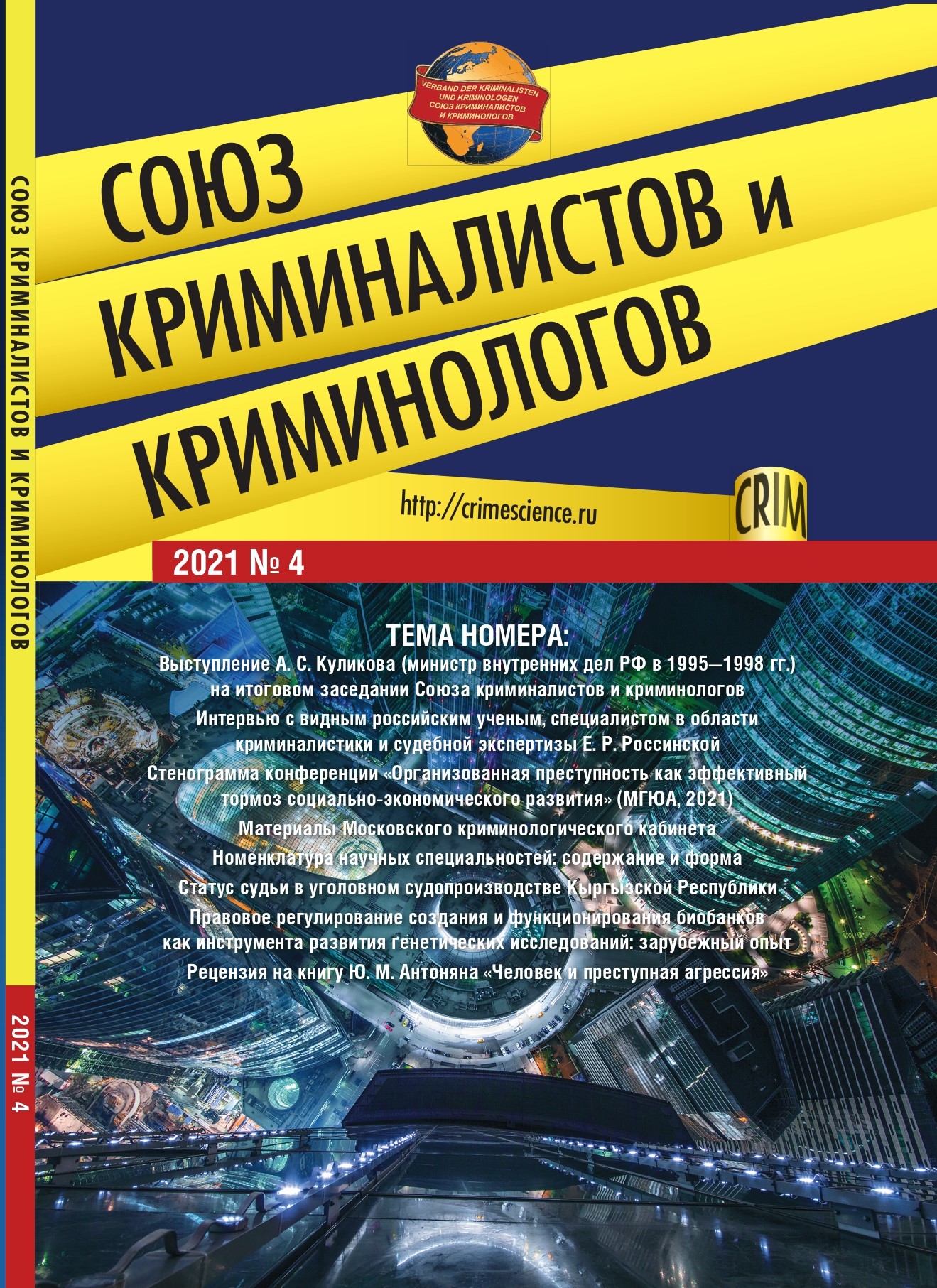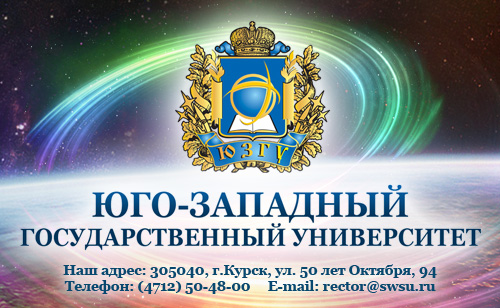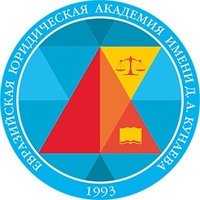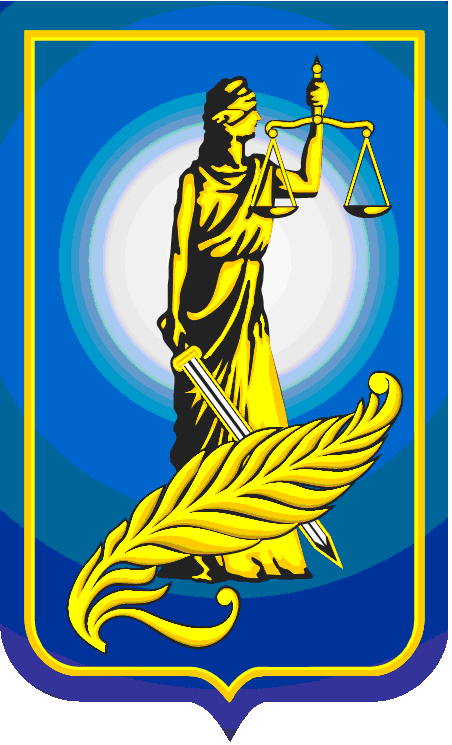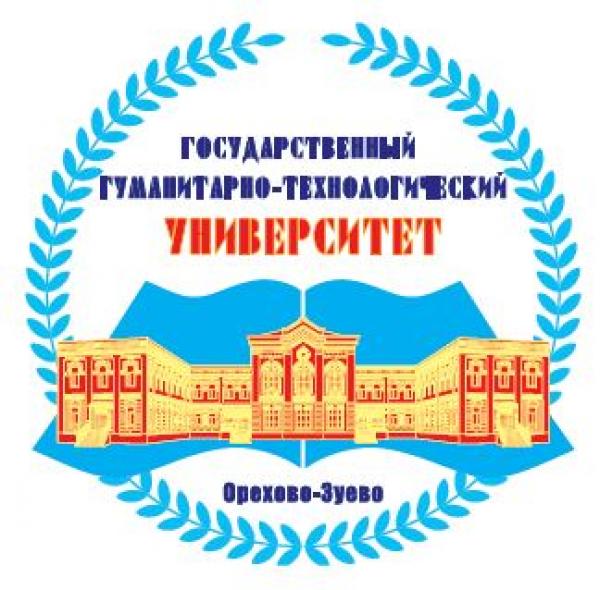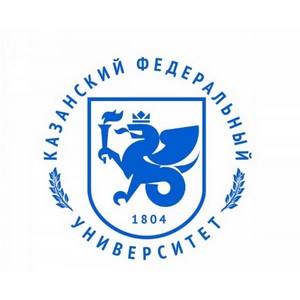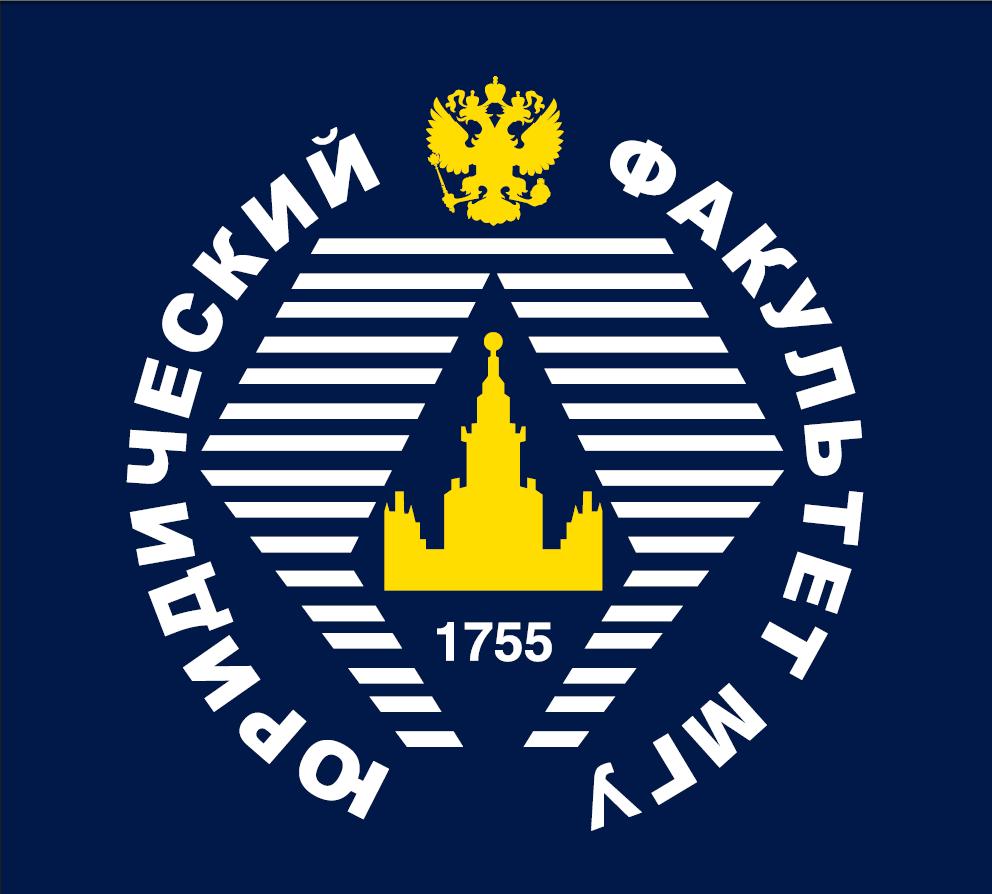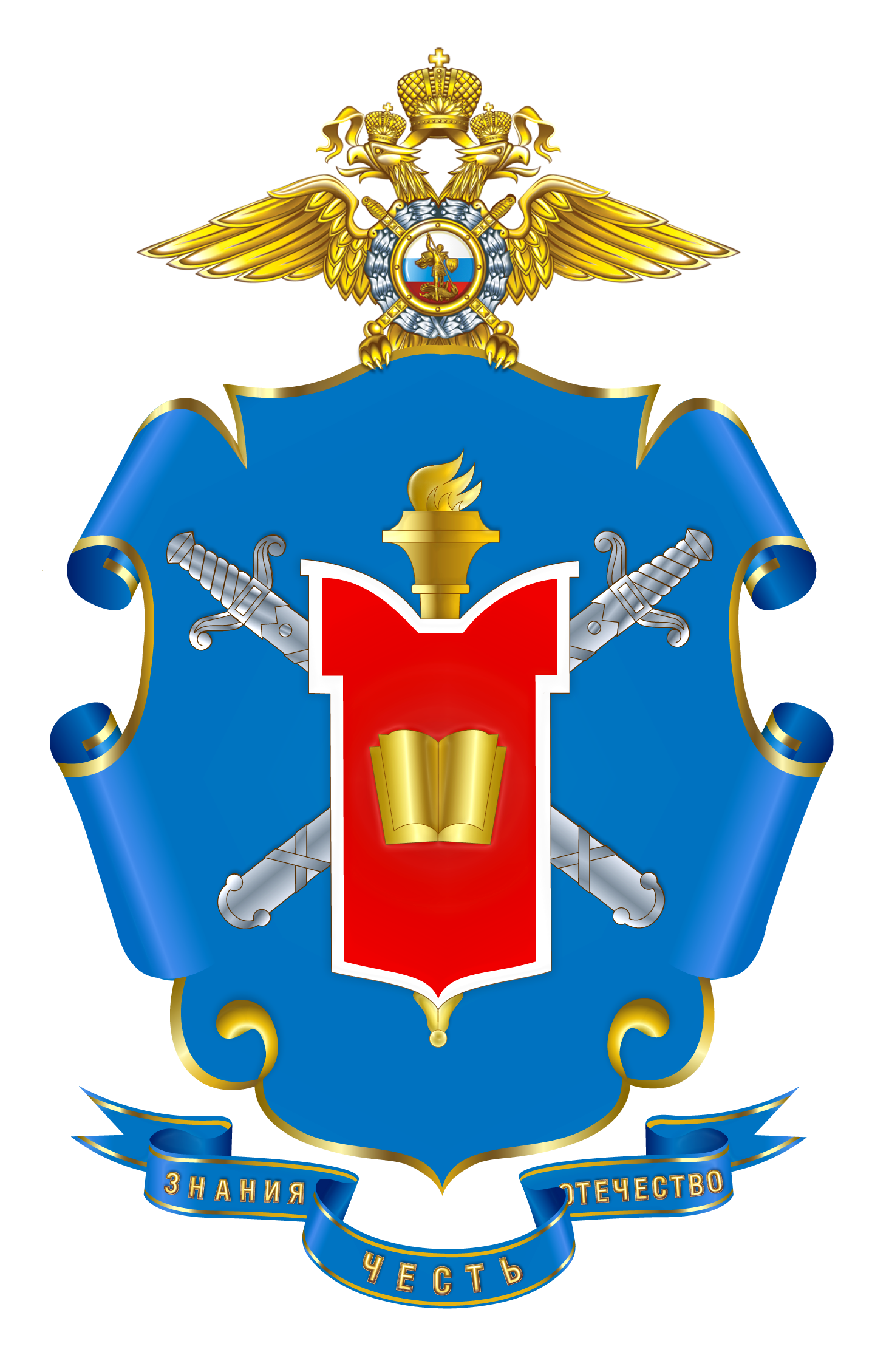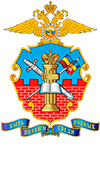On 3 January 1850, a mock execution of the circle members headed by Mikhail Petrashevsky took place in St. Petersburg.
In the history of literature of the 19th century, the so-called Petrashevsky case occupies a prominent place. So many writers and scientists had never participated in any of the Russian political processes before. Among other intellectuals, except Mikhail Petrashevsky himself, were: Dostoevsky, Pleshcheyev, Palm, Durov, Tolya, Lvov, Akhsharumov. They were doing nothing more than visited the Petrashevsky’s Fridays. However, they were branded as ‘freethinkers’ with revolutionary views and ideals (although, in fact, many of them were not). They were accused of spreading revolutionary ideas among the population, as well as of ‘trying to plant the evil seeds of liberalism in the younger generation.’ As a result, the court sentenced to death all the circus participants.
But even more Petrashevsky Circle went down in history because of the unusual, striking contemporaries rite of staging preparations for a public execution, which was subjected to convicts who did not know that they were pardoned (22 December 1849). On 3 January 1850, from the Peter and Paul Fortress (after 8 months of imprisonment), twenty members of Mikhail Petrashevsky’s anti-government circle were brought to the St. Petersburg, where they were read the death sentence. Among those condemned was Fyodor Dostoevsky – an engineer-lieutenant, beginning but already a well-known writer.
The verdict was announced. About ten minutes of waiting for the repentance of the condemned were not crowned with success. All of them were to be shot. At the last moment, a carriage burst into the parade ground and an officer got out. He declared a royal pardon for all – the death sentence was commuted to hard labour. In particular, Mikhail Petrashevsky’s execution was replaced by hard labour without a term and Fyodor Dostoevsky’s one – four years of hard labour with subsequent surrender to the soldiers. He was also deprived of all rights and fortune. Dostoevsky was only 28 years old at that time.
http://www.calend.ru/
After this incident, according to Dostoevsky himself, he had a mental breakdown. In addition, he probably began to suffer from a mental disorder.
President of the Union of Criminalists and Criminologists
Igor M. Matskevich
Translated by Elizaveta O. Ovchinnikova





